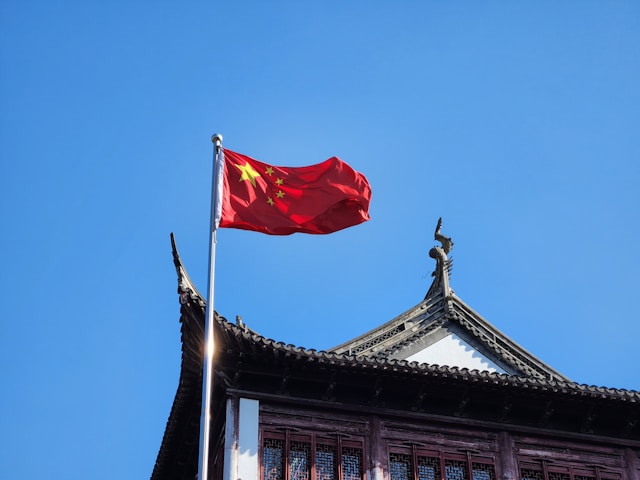
On 26 Nov. 2024, China’s Supreme People’s Court (SPC) released the 41st batch of guiding cases, marking its first publication of maritime guiding cases.
This batch includes seven cases, covering areas such as maritime cargo transportation contracts, salvage operations, liability for ship collisions, the establishment of maritime liability limitation funds, and the recognition of foreign civil judgments.
Taking Guiding Case No. 235 Spar Shipping v Grand China Logistics (2018) Hu 72 Xie Wai Ren No.1 ((2018) 沪72协外认1号) as an example, this case marks the first time that an English monetary judgment has been enforced in China based on reciprocity.
Related Post:
As the “Highlights” of the case, when reviewing applications or requests for the recognition and enforcement of foreign court civil judgments and determining whether a reciprocal relationship exists, Chinese courts do not require that the foreign court have previously recognized or enforced a Chinese judgment or ruling as a prerequisite. If, under the laws of relevant foreign countries, civil judgments issued by Chinese courts can be recognized and enforced, and there are no precedents of that country refusing recognition or enforcement on the ground of lack of reciprocity, it can be determined that a reciprocal relationship exists between the two countries for the recognition and enforcement of civil judgments or rulings.
Related Post:
- How China's Guiding Case System Works - Guiding Cases & Similar Cases Series (2)
- Tag - Case System in China
Photo by Freeman Zhou on Unsplash
Contributors: CJO Staff Contributors Team





